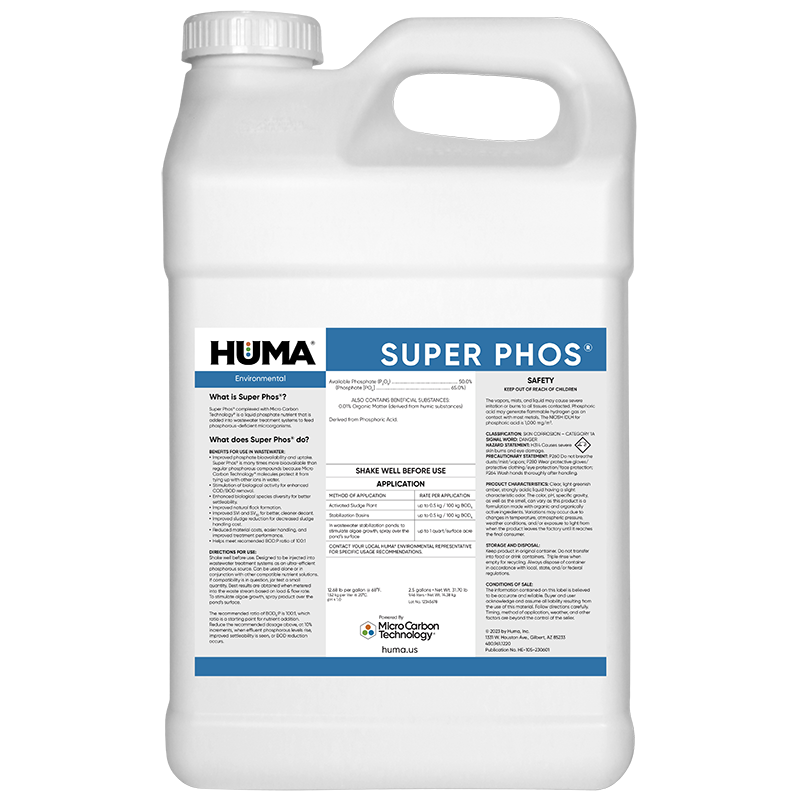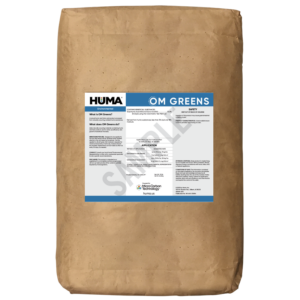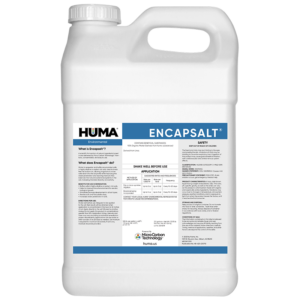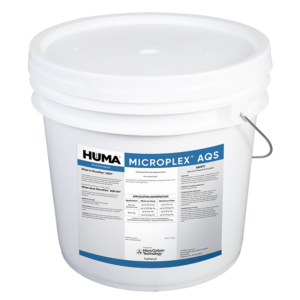Super Phos (HE)
Benefits of Use:
- Helps to meet BOD:P ratio of 100:1
- Improved phosphate bioavailability and uptake. Super Phos® is many times more bioavailable than regular phosphorous compounds because Micro Carbon Technology® molecules protect it from tying up with other ions in water.
- Stimulation of biological activity for enhanced COD/BOD removal.
- Enhanced biological species diversity for better settleability.
- Improved natural floc formation.
- Improved SVI and SV30 for better, cleaner decant.
- Decreased phosphate levels in the effluent stream. Because Super Phos® is more bioavailable less phosphorus is applied, resulting in lower discharges. Typically, one-fourth to one-tenth the amount of Super Phos® is used when compared with common-grade phosphoric acid nutrients.
- Reduced material costs, easier handling, and improved treatment performance.
Problem Conditions Improved:
- Formation of insoluble phosphorous precipitates
- Foaming caused by filamentous bacteria
- Excess sludge production
- Excess phosphorus levels in effluent
- Settleability concerns
- Tankage/Storage concerns
FAQs
Related Products
Related Case Studies

Super Phos® Lowers Papermill Operating Costs in China
Problem The existing wastewater treatment system uses 600 kg/day of diammonium phosphate (DAP) to provide the needed phosphorus concentration to maintain a healthy microbial population to treat wastewater. These microorganisms break down the organic matter being discharged from the paper processing facility. Without the correct concentration of available phosphorus, the microorganisms are unable to grow
Related Blog Posts
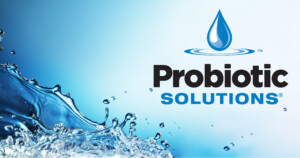
Use of Biostimulants for Upset Recovery in Paper Mill Wastewater Systems
By Heather Jennings, PE Two specific Probiotic Solutions® liquid bioremediation products were used at a large-scale paper mill in China to address system upsets caused by hydraulic loading from new upstream processes. The products involved are Bio Energizer® (BE)—a scientific formulation of organic acids, buffers, natural biological stimulants, micronutrients, and energy systems—and Micatrol® (MT), a

The Probiotic Solutions Product Quality Assurance Process
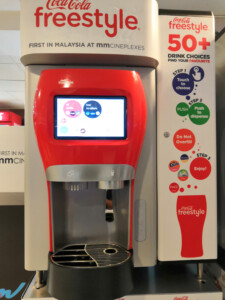
Bargaining for Clean Water: Why Dean Kamen Invented the Coca-Cola Freestyle
By Jael Batty When Kamen asked Coke for help distributing his water purifier, Coke challenged Kamen to develop a better soda fountain first. Dean Kamen, Inventor of Medical Technology The inventor of the Segway, Dean Kamen is known in the scientific community for developing medical equipment. His inventions include a wearable prescription pump for insulin

